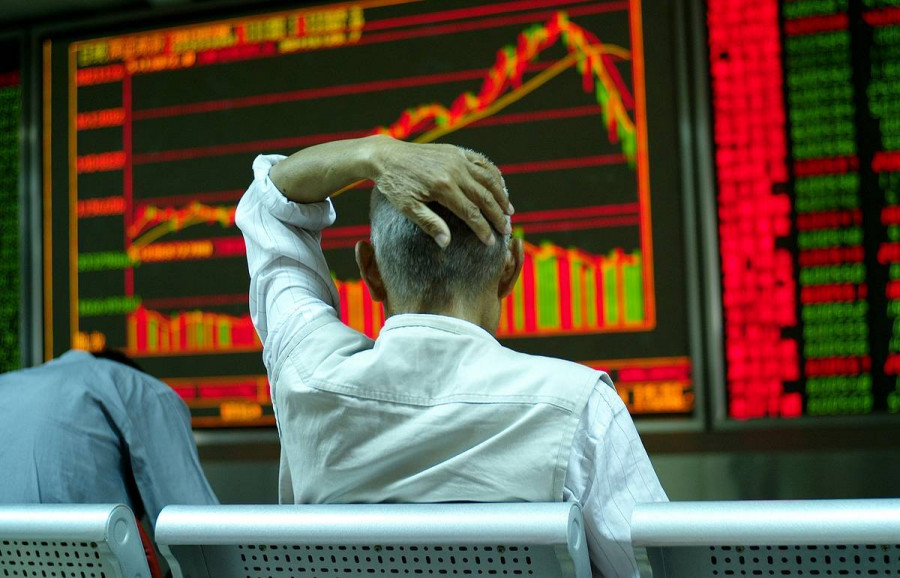At the close of Thursday's trading session, European stocks lost about 2% and recorded their biggest drop since 2020. At the same time, European stock indices have collapsed significantly over the past six months since the global economic crisis in 2008.
On Thursday, the STOXX Europe 600 index of Europe's leading companies fell by 1.5% to 407.2 points. The index has already lost 16.5% in the past six months.
Shares of German energy holding Uniper SE, Norwegian aluminum producer Norsk Hydro ASA and French machine-building company Alstom S.A. topped the list of top losers among the STOXX Europe 600 components. They plunged by 16.37%, 9.4%, and 8.1% respectively.
The British FTSE 100 sank by 1.96% to 7,169.28 points, the French CAC 40 dropped by 1.8% to 5,922.86 points and the German DAX fell by 1.69% to 1,783.77 points.
Top gainers and losers
The day before, British pharmaceutical giant Shield Therapeutics PLC stock plummeted by 37.5%. The company increased its net loss last year and was unable to raise $30 million in capital by issuing shares.
Shares of German carmaker Volkswagen dropped by 5.1%. French Renault stock fell by 2.6%, shares of German carmaker BMW and Italian company Stellantis declined by 1.4% and 3.3% respectively.
The market capitalization of Italian bank UniCredit SpA sagged by 5.3%. The day before, the company sold a non-performing loans portfolio worth about 1.3 billion euros to Illimity Bank SpA.
Reasons for record collapse
In April-June, the FTSE 100 index fell by 4.6%, the CAC 40 lost 11.1% and the DAX dropped by 11.3%. As for all three European key stock indices, this quarterly performance was the worst since 2020.
In the second quarter of 2022, global stock markets were affected by traders' fears about the prospects of a global economic recession due to tight monetary policy of the world's major central banks. Currently, soaring inflation is the reason why the top central banks have decided to revise the monetary policy and sharply increase the prime rates.
Growing geopolitical tensions have become an additional pressure factor for the markets. They stimulate acceleration of price growth despite all attempts of global regulators to reduce soaring prices.
What caused investors' major concerns the day before?
On Thursday, weak domestic statistics of the EU member states became a significant downward factor for European stock indices.
The unemployment rate in 19 EU countries hit an all-time low in May. It fell to 6,6% from 6.7% in April. Moreover, analysts expected the unemployment rate for May to remain unchanged from the previous month.
According to the Federal Employment Agency of Germany, in June the unemployment rate in the country rose to 5.3% from 5.0% in May, while experts predicted it would remain unchanged from the previous month. At the same time, the number of unemployed in Germany jumped by 133,000, though analysts expected a decline by 5,000.
According to Germany's Federal Statistics Office data, retail sales in the country grew by 0.6% compared to April. Analysts expected the index to rise only by 0.5%.
At the same time, consumer prices in Germany advanced by 8.2% year-on-year in June after a record rise in May by 8.7%.
In the first quarter of 2022, the UK economy grew by 0.8% compared to the previous three months. The current figure was 0.7% above the pre-pandemic level.
According to preliminary data from the National Statistics Office of France Insee, in June consumer prices increased by 6.5% year-on-year, a record growth in the history of the index. At the same time, market experts predicted an average rise in consumer prices only by 6.3%.
Earlier, the Spanish Statistical Office reported that in June consumer prices in Spain had risen to the highest level since 1985, i.e. by 10.2% in annual terms, according to preliminary estimates.




















